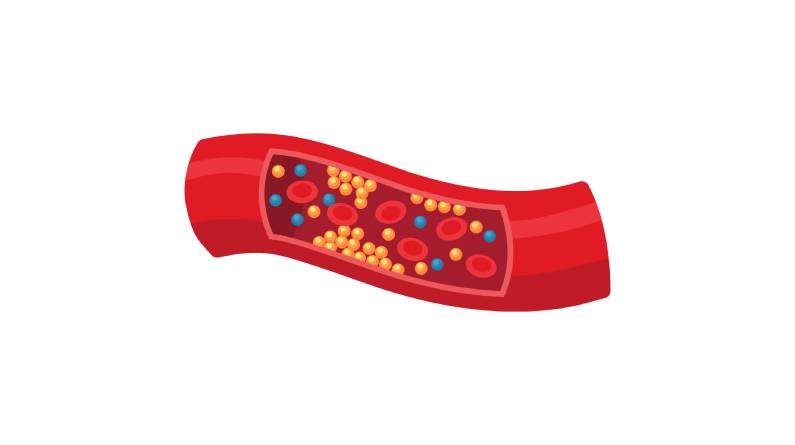The Truth About Cholesterol: Separating Fact from Fiction
Cholesterol is often viewed as a villain, wreaking havoc on our bodies and causing a multitude of health problems. However, the truth is that cholesterol plays a vital role in maintaining various bodily functions. In fact, our bodies produce cholesterol in the liver, using fats, sugars, carbohydrates, and proteins.
What is Cholesterol?
Cholesterol is a waxy compound, similar to soft candle wax, and is a type of fat called sterol. It’s found in both plants and animals and is essential for various bodily functions.
How Does Cholesterol Travel Through the Body?
Since cholesterol is a fat, it’s not soluble in blood. To overcome this, the body combines cholesterol with proteins that mix easily with blood, forming tiny particles called lipoproteins. These lipoproteins transport cholesterol to various parts of the body.
Types of Lipoproteins
There are several types of lipoproteins, including:
1. Chylomicrons: Large particles carrying triglycerides, made and absorbed in the digestive system.
2. Very Low Density Lipoproteins (VLDLs): Carry triglycerides made in the liver to tissues throughout the body.
3. Intermediate Density Lipoproteins (IDLs): Formed when VLDLs release triglycerides to tissues, either to be destroyed by the liver or converted into low-density lipoproteins.
4. Low Density Lipoproteins (LDLs): Rich in pure cholesterol, delivering it to tissues. Excessive accumulation of LDLs can lead to plaque formation.
5. High Density Lipoproteins (HDLs): Responsible for removing excess cholesterol from the bloodstream and returning it to the liver for excretion.
Functions and Role of Cholesterol in the Body
Cholesterol plays a vital role in various bodily functions, including:
1. Maintaining cell membrane fluidity: Cholesterol helps regulate the fluidity of cell membranes.
2. Regulating temperature: Cholesterol helps maintain optimal temperatures inside cells.
3. Hormone production: Cholesterol is essential for the production of stress hormones, sex hormones, and other vital hormones.
4. Bile production: Cholesterol is used by the liver to produce bile, essential for fat digestion and absorption.
5. Nerve function: Cholesterol provides insulation for nerve cells, facilitating the transmission of electrical impulses.
The Risks of High Cholesterol
Excessive levels of LDL cholesterol can lead to:
1. Heart disease: Clogged arteries can cause chest pain, heart attacks, and strokes.
2. Stroke: Excessive cholesterol accumulation in the brain can disrupt blood flow, leading to stroke.
3. Gallstones: High cholesterol levels in bile can lead to the formation of hard stones in the gallbladder.
Conclusion
Cholesterol is not the enemy; it’s an essential component of our bodies. However, excessive levels of LDL cholesterol can lead to serious health problems. Regular cholesterol tests, combined with a healthy lifestyle and diet, can help keep cholesterol levels in check.
References:
https://www.healthline.com/health/cholesterol/effects-on-body#2
https://www.health.harvard.edu/heart-health/how-its-made-cholesterol-production-in-your-body
https://www.hpsinfo.org/fact_chol.shtml
https://www.independentnurse.co.uk/clinical-article/the-role-of-cholesterol/63612/

